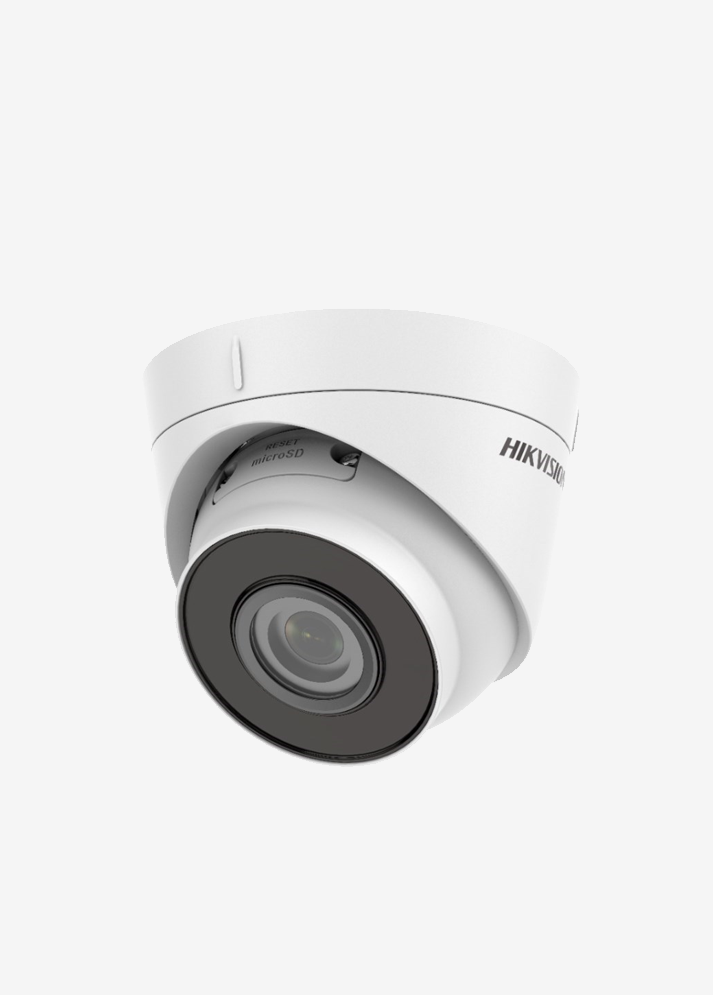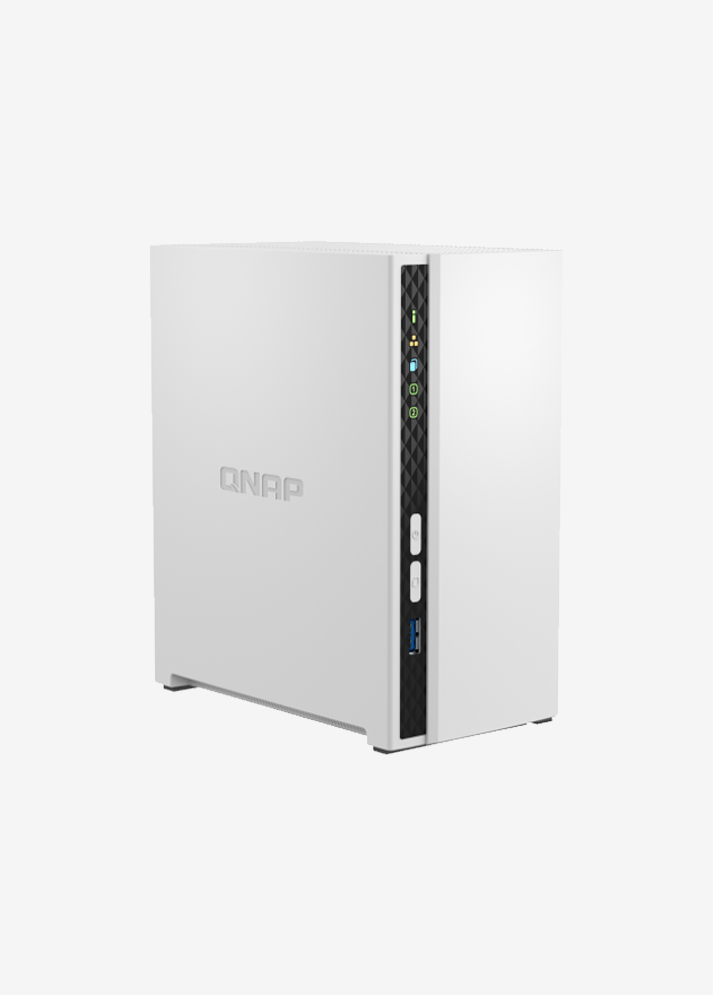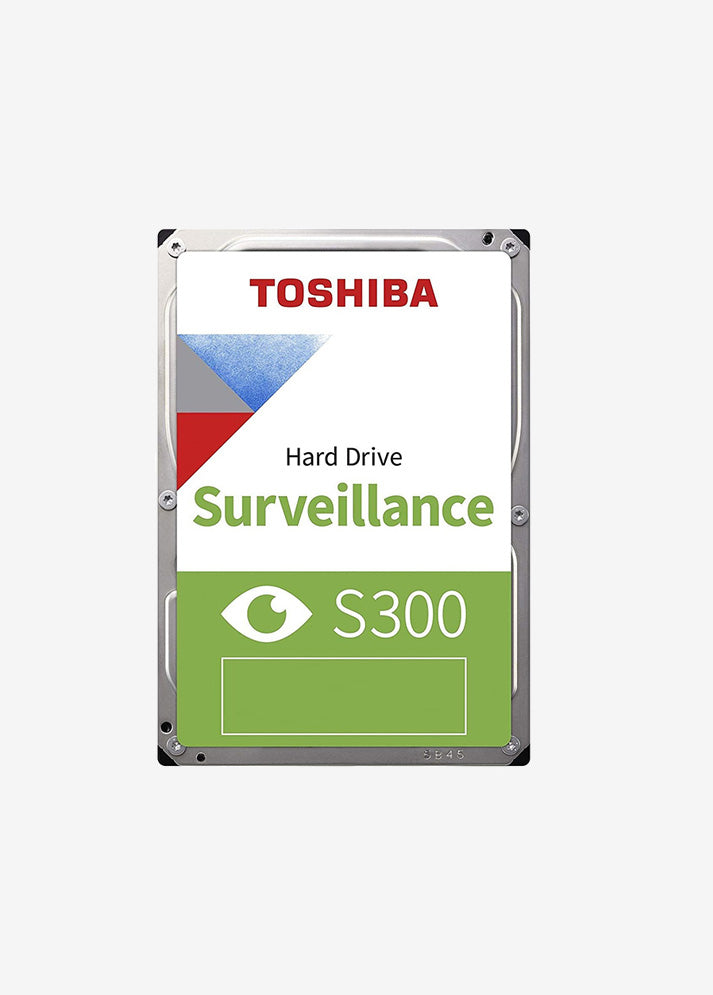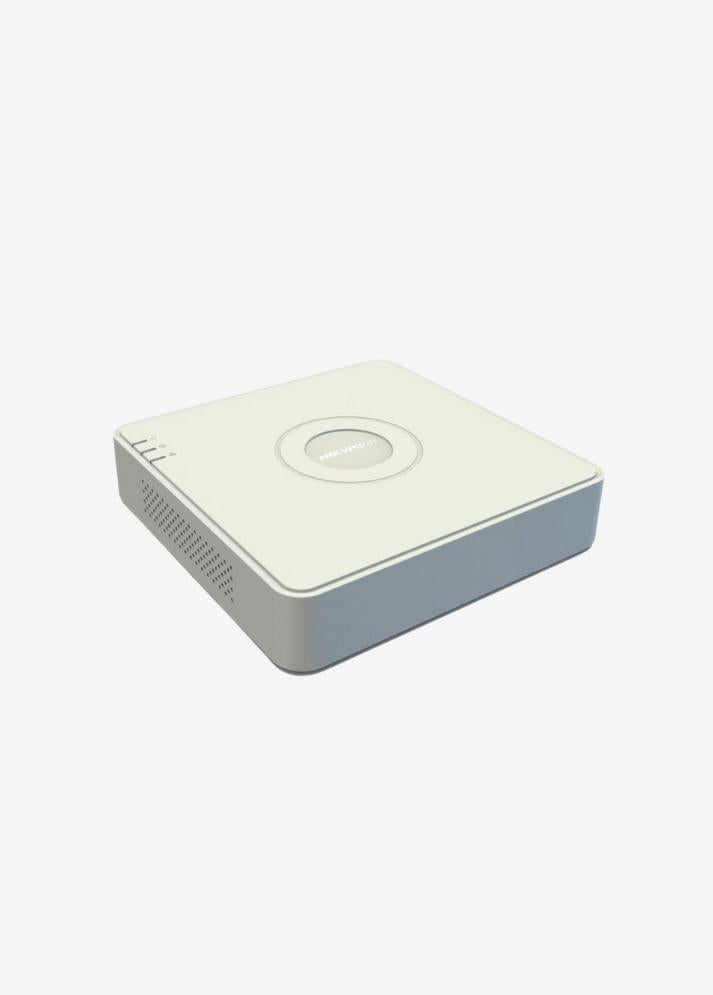Video recording is a critical component of security systems for incident verification, immediate intervention, and retrospective review. There are two primary system structures that facilitate this recording:
📌 NVR (Network Video Recorder)
📌 Server-Based Recording Systems (VMS + Server)
Both systems work with IP cameras, but they differ significantly in their intended use, performance, and cost. So, which one is best for which scenario? Here's a detailed comparison:
What is NVR (Network Video Recorder)?
NVR is a ready-made recording device, often with a manufacturer-specific operating system, that receives and records video streams sent by IP cameras over the network.
✔ Plug and play structure
✔ Can usually power cameras directly via PoE inputs
✔ Managed via web interface and mobile application
Advantages:
-
Installation is simple
-
Box solution (integration is easy when camera + NVR are of the same brand)
-
It is generally economical
-
Technical support can be obtained quickly from the manufacturer
Limitations:
-
Performance may be insufficient for multiple high-resolution cameras simultaneously
-
Analytical features may be limited
-
High brand dependency (Hikvision NVR is only fully compatible with Hikvision camera)
What is a Server-Based Recording System?
In this system, cameras record to VMS (Video Management Software) software running on a physical server.
✔ Hardware and software are planned separately
✔ Provides a more flexible and scalable structure
✔ Suitable for large-scale projects
Advantages:
-
Brand-independent integration possible (ONVIF support)
-
Multiple save points, map tracking, smart analytics and AI integration are possible
-
Provides support for a large number of cameras
-
Provides RAID, backup, remote backup and failover support
Limitations:
-
Installation and configuration are more complex
-
Hardware + license costs are higher
-
Requires a good IT infrastructure
Comparison Table
| Feature | NVR | Server-Based System |
|---|---|---|
| Ease of Installation | Easy (plug & play) | Medium/difficult (IT knowledge required) |
| Camera Support | Brand dependent / limited model compatibility | Brand independent (ONVIF, RTSP) |
| Recording Performance | Fixed (depending on hardware limit) | Scalable (CPU, RAM, disk configurable) |
| Management | Web interface / mobile application | Professional management software (VMS) |
| Redundancy (RAID, Failover) | Available in limited models | Advanced configuration (RAID, hot-spare, failover) |
| Analytical Features | Basic (motion detection etc.) | Advanced (face recognition, license plate recognition, access control) |
| Suitability | Small and medium-sized systems | Medium and large-scale systems |
| Cost | Low – Medium | Medium – High (varies depending on customization) |
Usage Scenarios
NVR Should Be Preferred:
✅ Home security
✅ Small businesses
✅ Where up to 16 cameras are needed
✅ In projects requiring rapid commissioning
Server-Based System Should Be Preferred:
✅ Large areas such as shopping malls, campuses, airports, factories
✅ Requires 32+ cameras and above
✅ Where advanced monitoring and analysis are required
✅ Video wall, centralized management and multi-user scenarios
Key Differences Between NVR and Server-Based Recording Systems
📍 1. Hardware Structure:
-
NVR = fixed hardware, optimized by the manufacturer
-
Server = server + VMS software, independent hardware selection
📍 2. Software Licensing:
-
NVR = comes with the device
-
VMS on server systems requires a per-camera license (e.g. Milestone, Nx Witness, Genetec)
📍 3. Scalability:
-
NVRs are generally limited to a certain number of channels
-
Management of 1000+ cameras is possible in server systems
📍 4. Storage:
-
NVRs usually have 2-8 disk slots
-
Servers can provide huge storage areas with external NAS, SAN, DAS systems.
Conclusion: Which System is Right for You?
If you have a small business, market, office or individual security need and want quick installation , an NVR system is sufficient .
📌 However, if a redundant and centralized structure is required to manage hundreds of high-resolution cameras across the organization , server-based VMS systems are a more professional solution.
Security systems are long-term investments, not one-time purchases. Therefore, the best approach is to make a decision based on your needs and growth plans.





